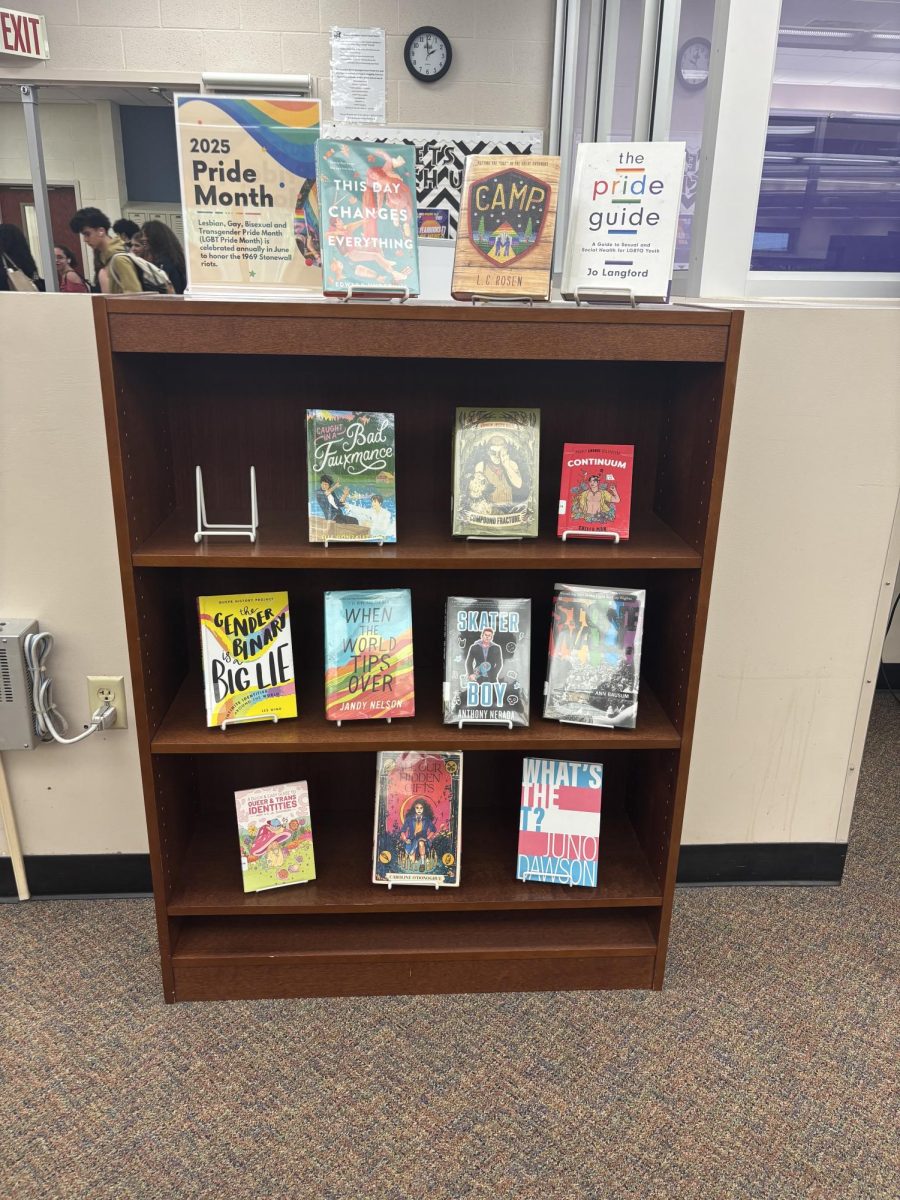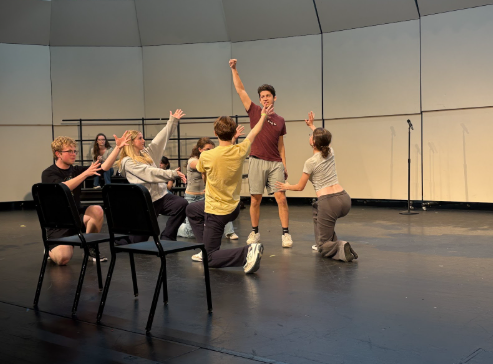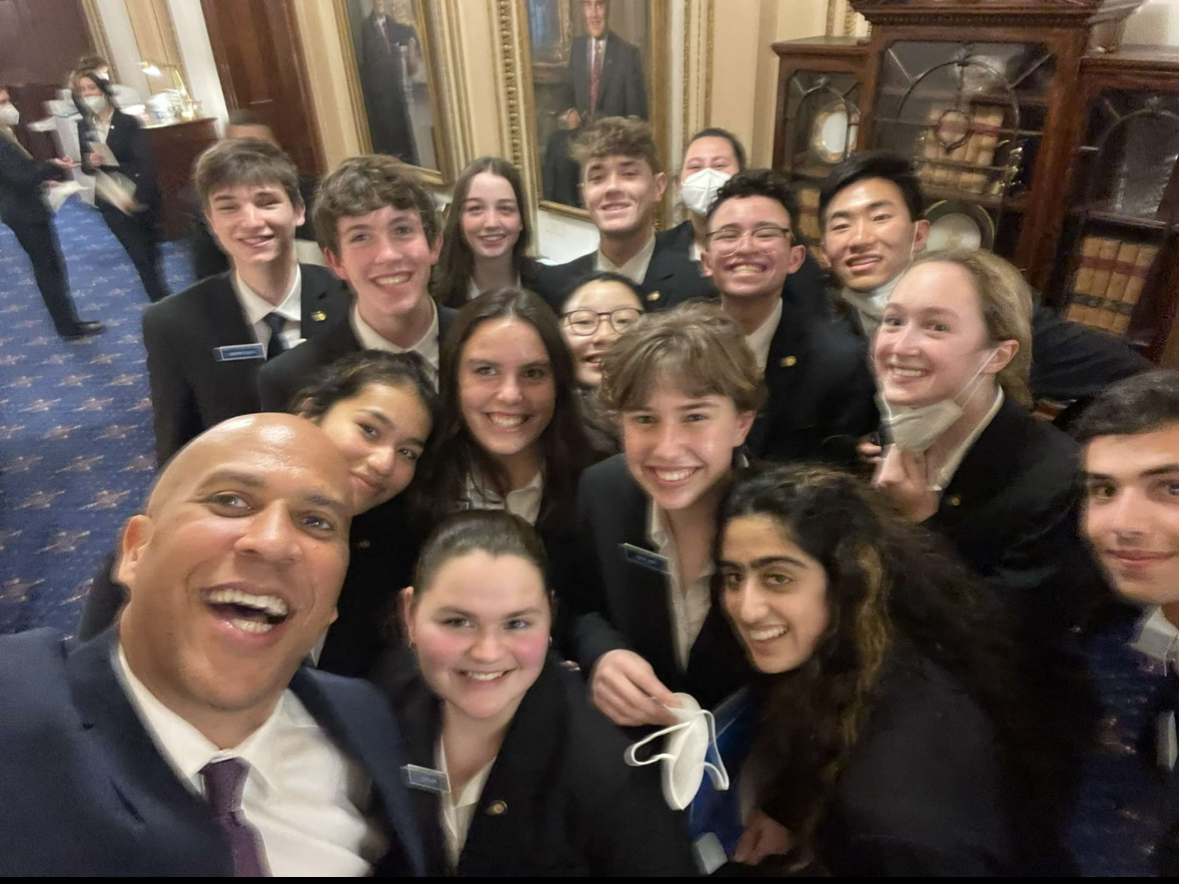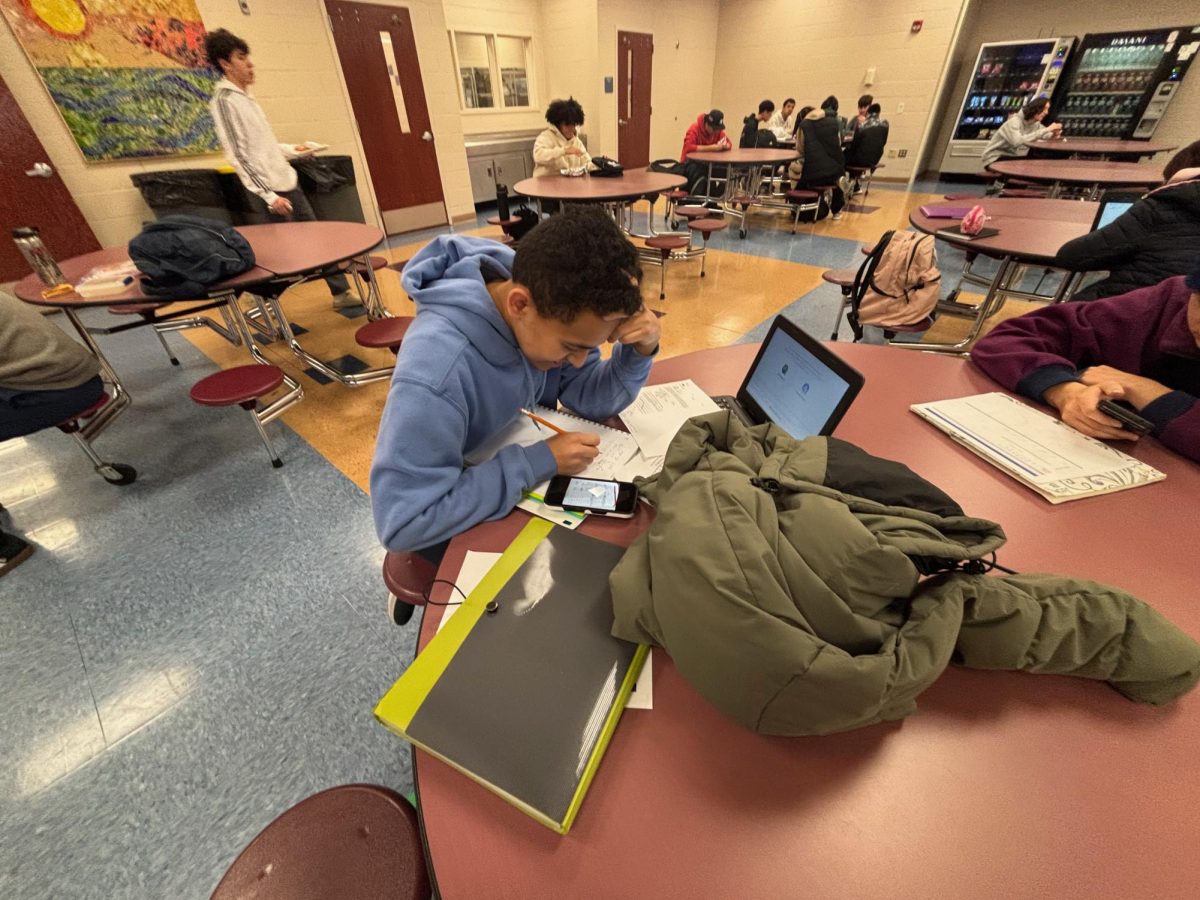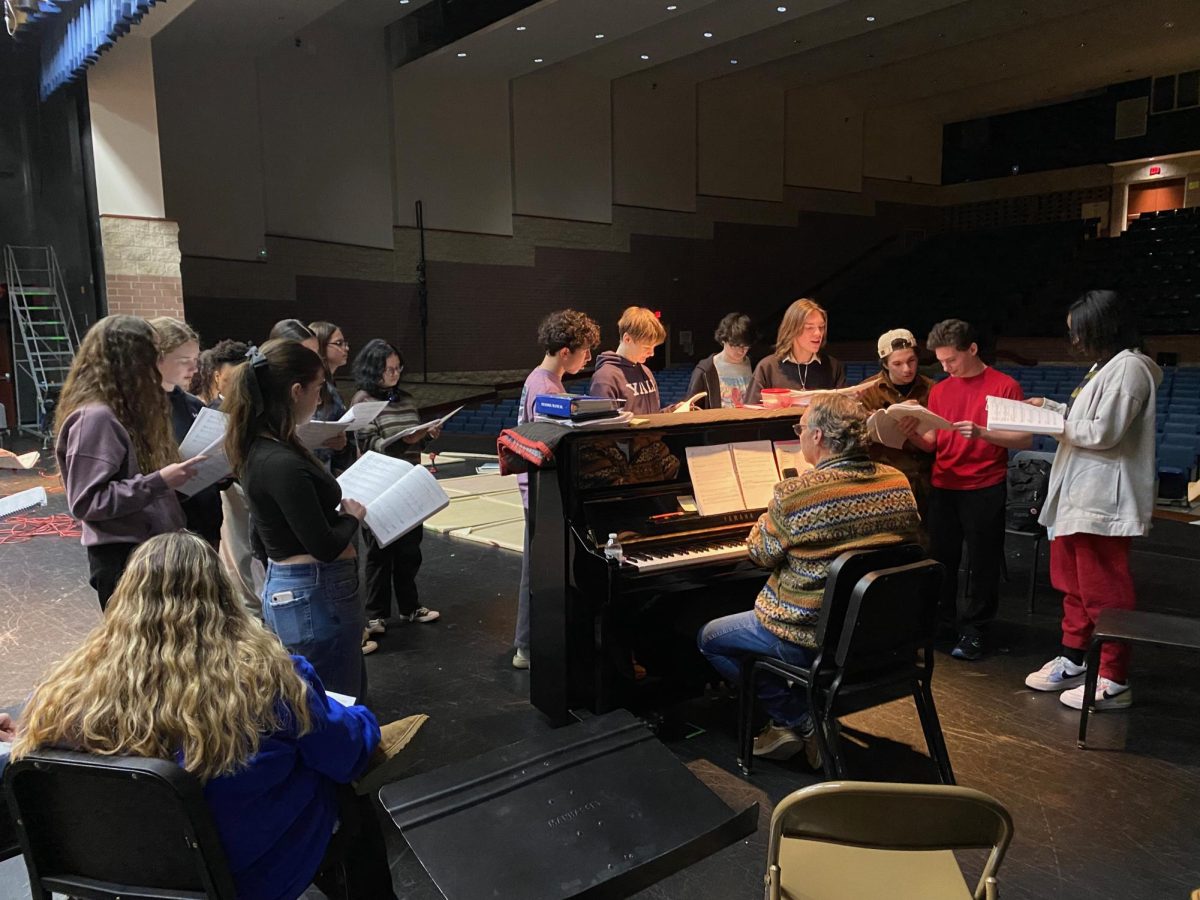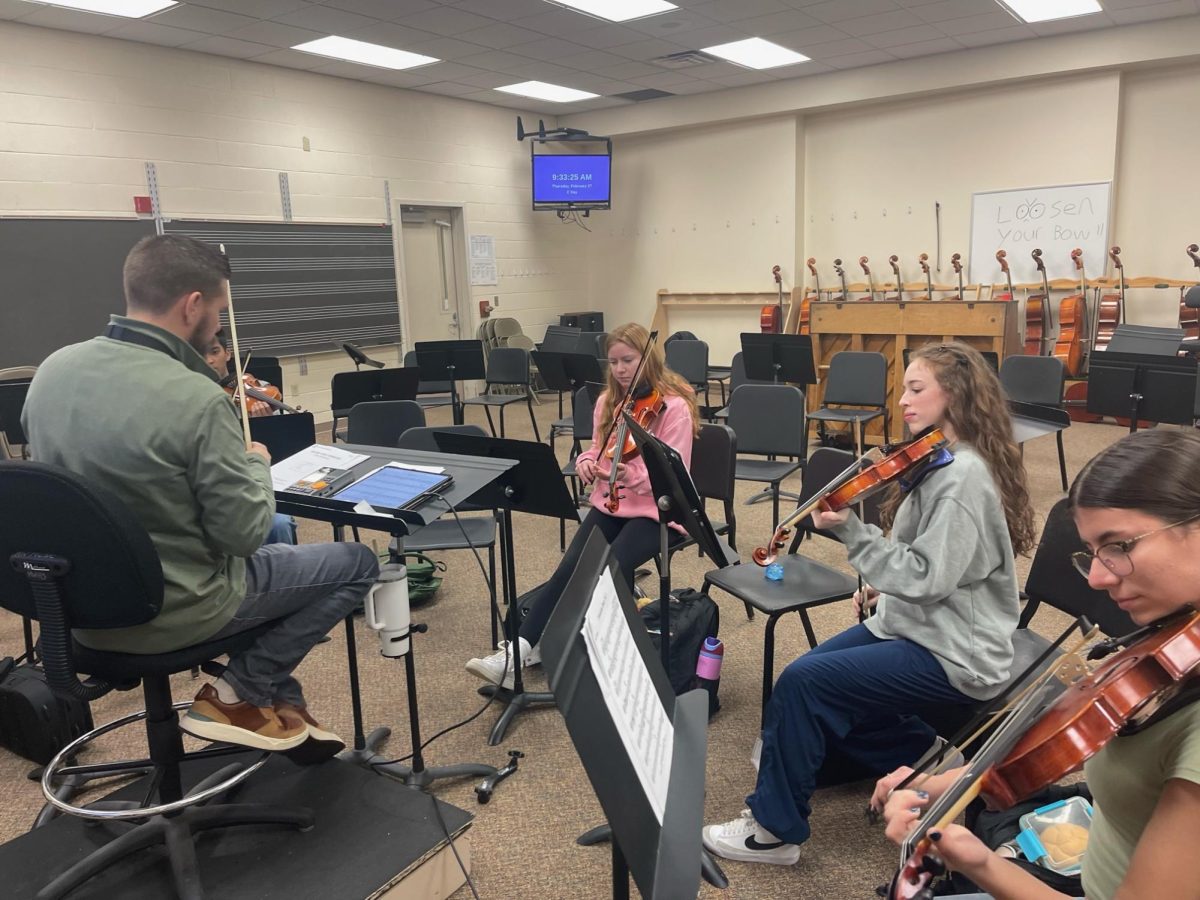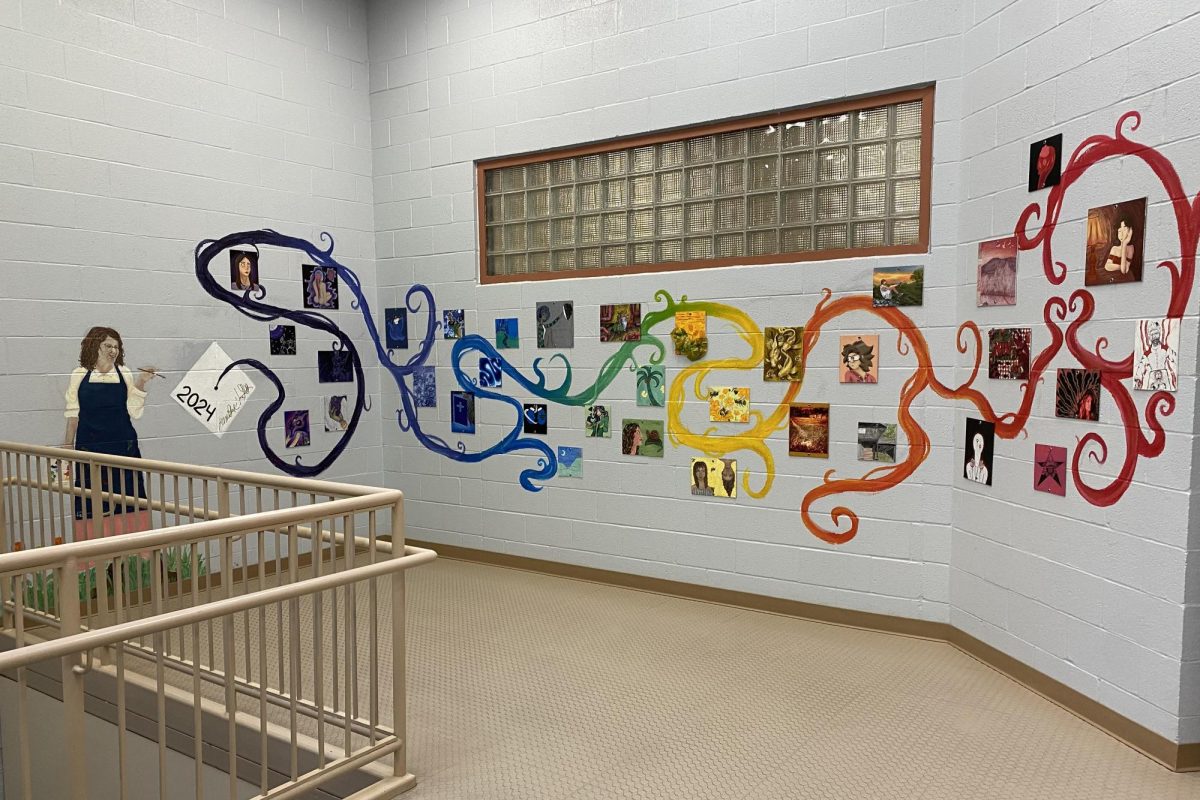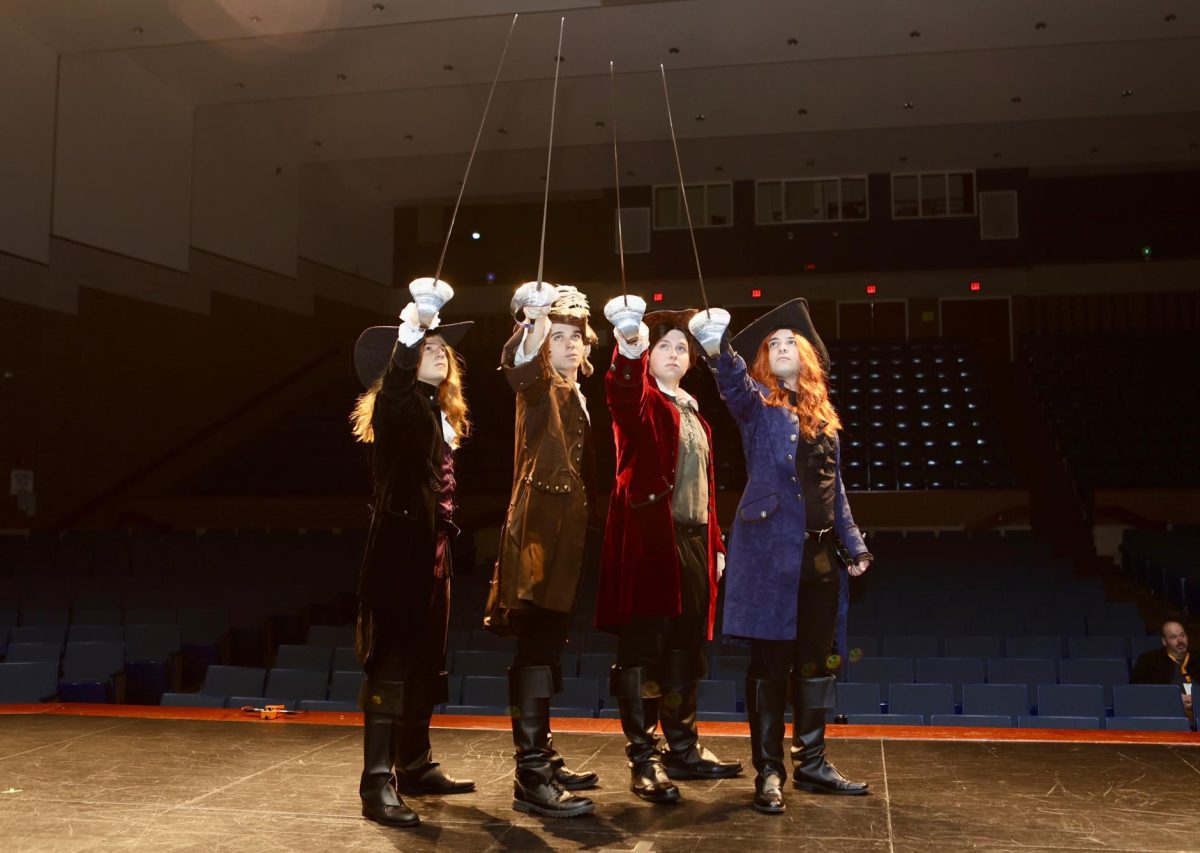Extracurricular Activities Challenge Students, Provide Rewards
Extracurricular activities, like wind ensemble, can be challenging for students, but participation is rewarding for many.
February 21, 2020
Many high school students are involved in extracurricular activities throughout the school. Some students are a part of sports teams, some are invested in the music and art programs, and a handful of students juggle being a part of both. Balancing extracurricular activities and schoolwork can be challenging and very stressful, however, when done successfully, there is much to gain.
The Monroe-Woodbury school district’s music and sports programs are rated very high in the Hudson Valley and students taking part in extracurricular activities have to overcome many challenges in order to be successful. There are many obstacles that are challenging, but these help to create skills that will stay with students for the rest of their lives.
One of the major challenges in participating in an extracurricular activity is keeping up with schoolwork that is missed. However, when the student shares concerns about this problem with the teachers or coaches, it can be fixed.
“When they miss class for lessons, they can be stressed out. But as long as they communicate that, we can try and fix that between orchestra and classes,” said Mr. Champlin, the symphonic orchestra teacher at the high school. Being able to communicate with others about challenges, and how to solve them, is a great skill to develop.
Time management is another skill that needs to be sharpened by students in multiple activities
“You make a schedule. At this time you do school work and studying, and at another time, you practice,” explains Alexis Leone, a freshman, who is also a violist in the chamber orchestra.
Tessa DeCeglie, also a freshman and a member in the wind ensemble band shares a similar routine with Leone.
“I view it as one of my first priorities. It is almost at the same level as schoolwork. Homework and studying come first, then practicing for a half-hour,” states DeCeglie.
Stress can be a challenge to overcome when participating in activities, such as music and sports.
“I see, on the low end, low-grade depression through the middle range of decisions. Stress can cause many side effects. Students aren’t sleeping enough because they are studying, not eating right, and they develop nervous habits, like picking out their hair. Some problems can even become psychological, which can even lead to suicide,” said Mr.Williams, a guidance counselor and guidance department chairperson.
Mr. Williams also gave some coping techniques that people can use.
“Dealing with stress is different for each student. Common coping skills are listening to music and practicing breathing techniques. You have to know what works best for you. Index cards and re-reading things for school help some students with stress,” said Mr. Williams. “Some students like silence, or watching a comedy. It all depends on what works best for you.”
Despite all the stress and obstacles, there are countless benefits to being in a larger group or team.
“Students become time-managers, they receive more responsibility, they develop friends and a family, and they even act as a team,” said Mr. Champlin.
“Extracurricular activities are huge pluses. They are not just a stress reliever, but even social benefits. For example, unpopular kids with no friends can develop brothers and sisters through the track team, and they all support the student,” said Mr. Williams. “These activities can also connect the students to the building. The track team helped my son develop time management skills. Being on the team forced him to be organized with his time.”


